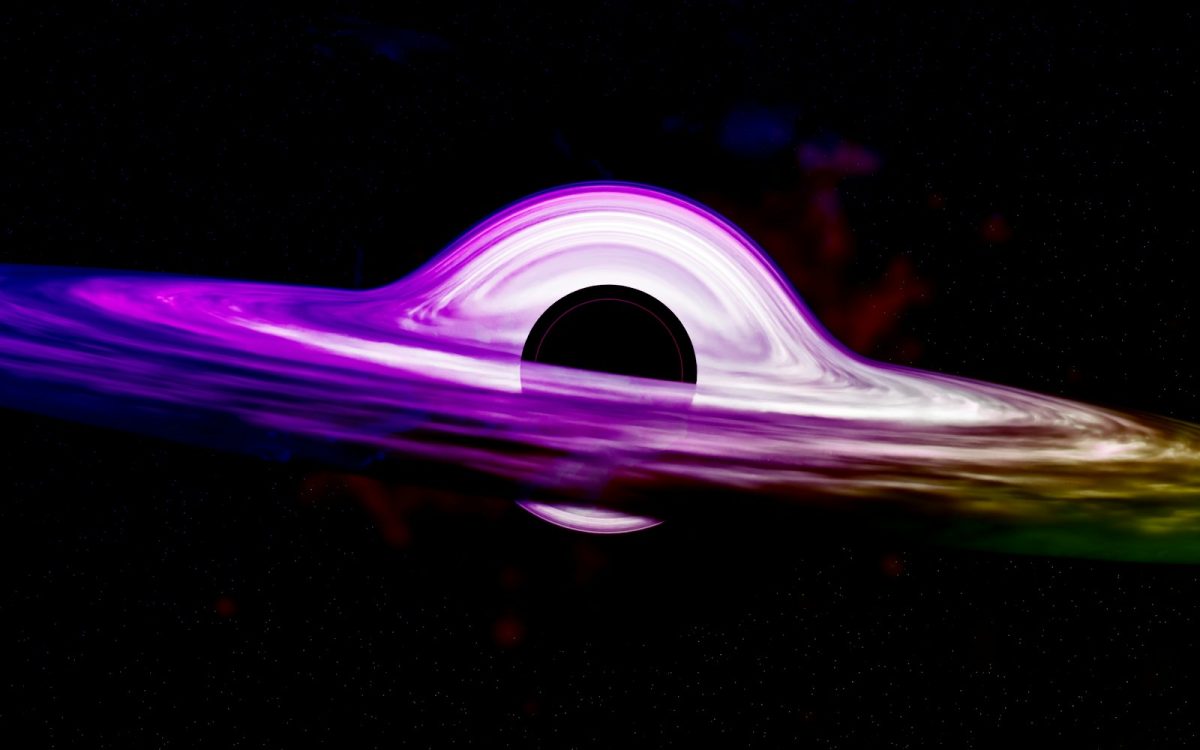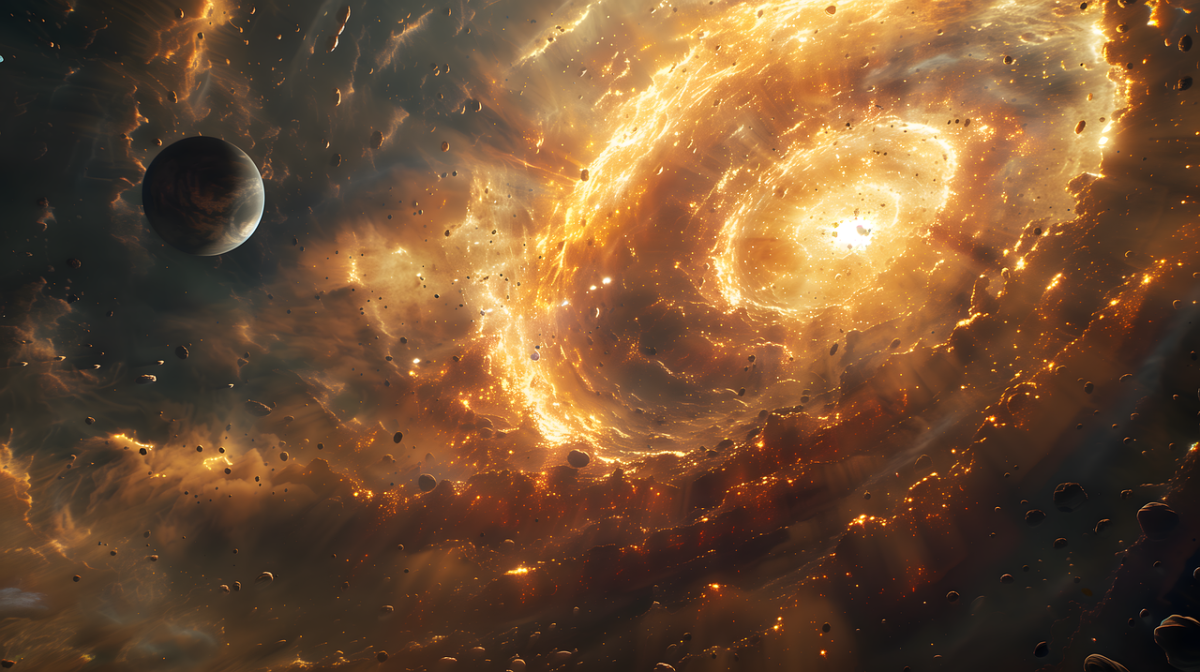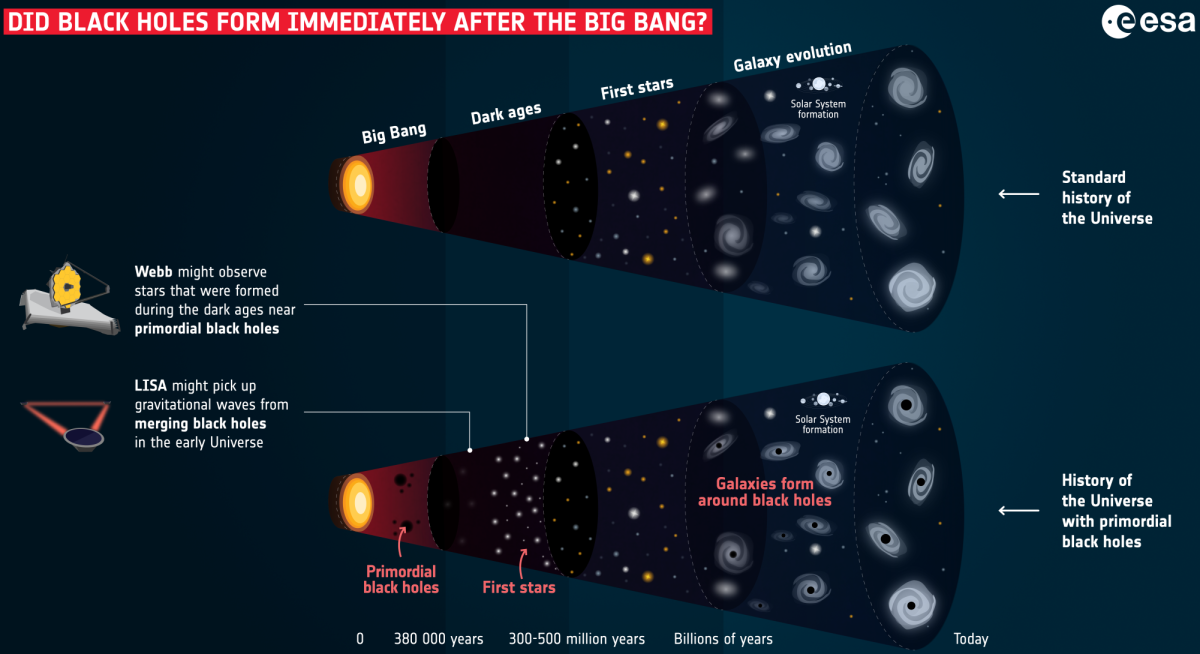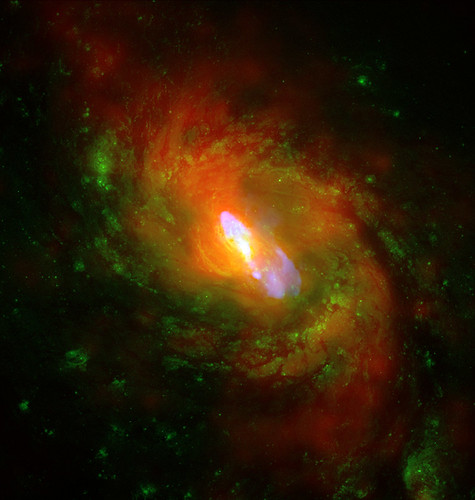
All About Holes
Read Story

We May Be Living In A Black Hole
Read Story

Primordial Black holes
Read Story

Quick Insight of a Black Hole
Read Story

Black Holes
Read Story

Energy In a Dying Universe
Read Story

How do black holes form?
Read Story
